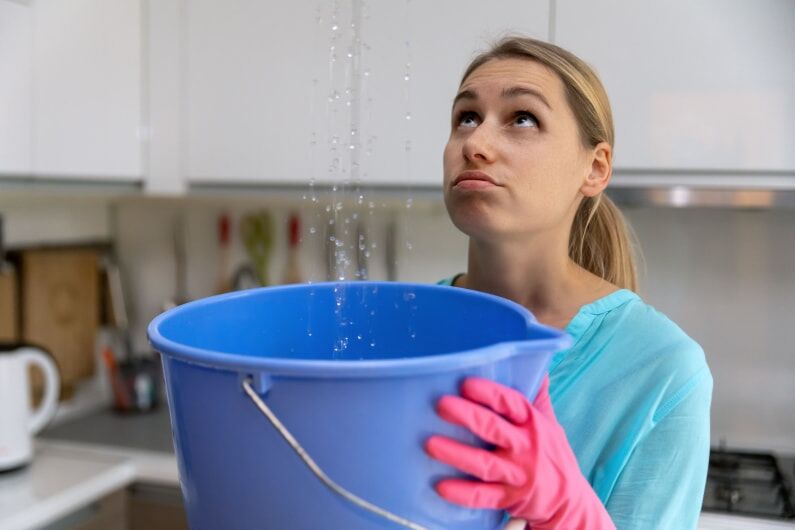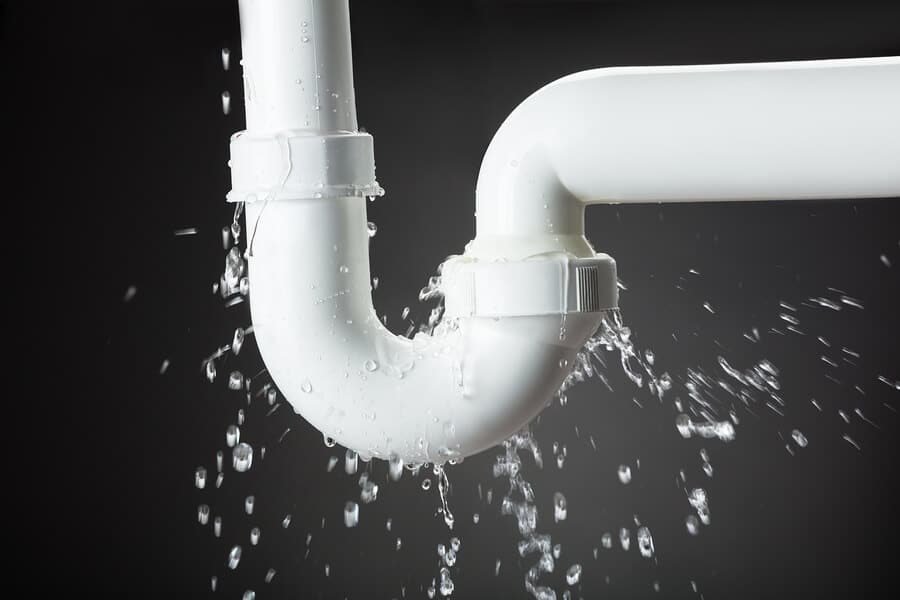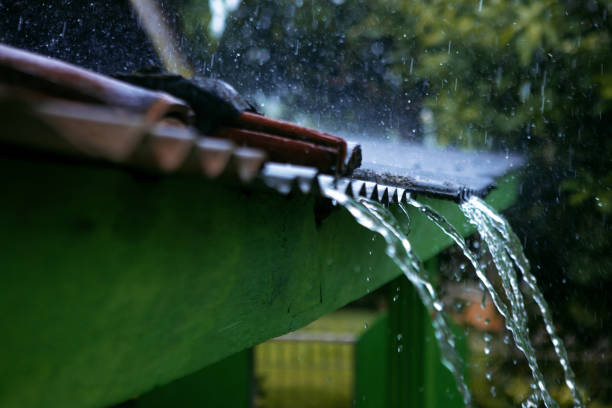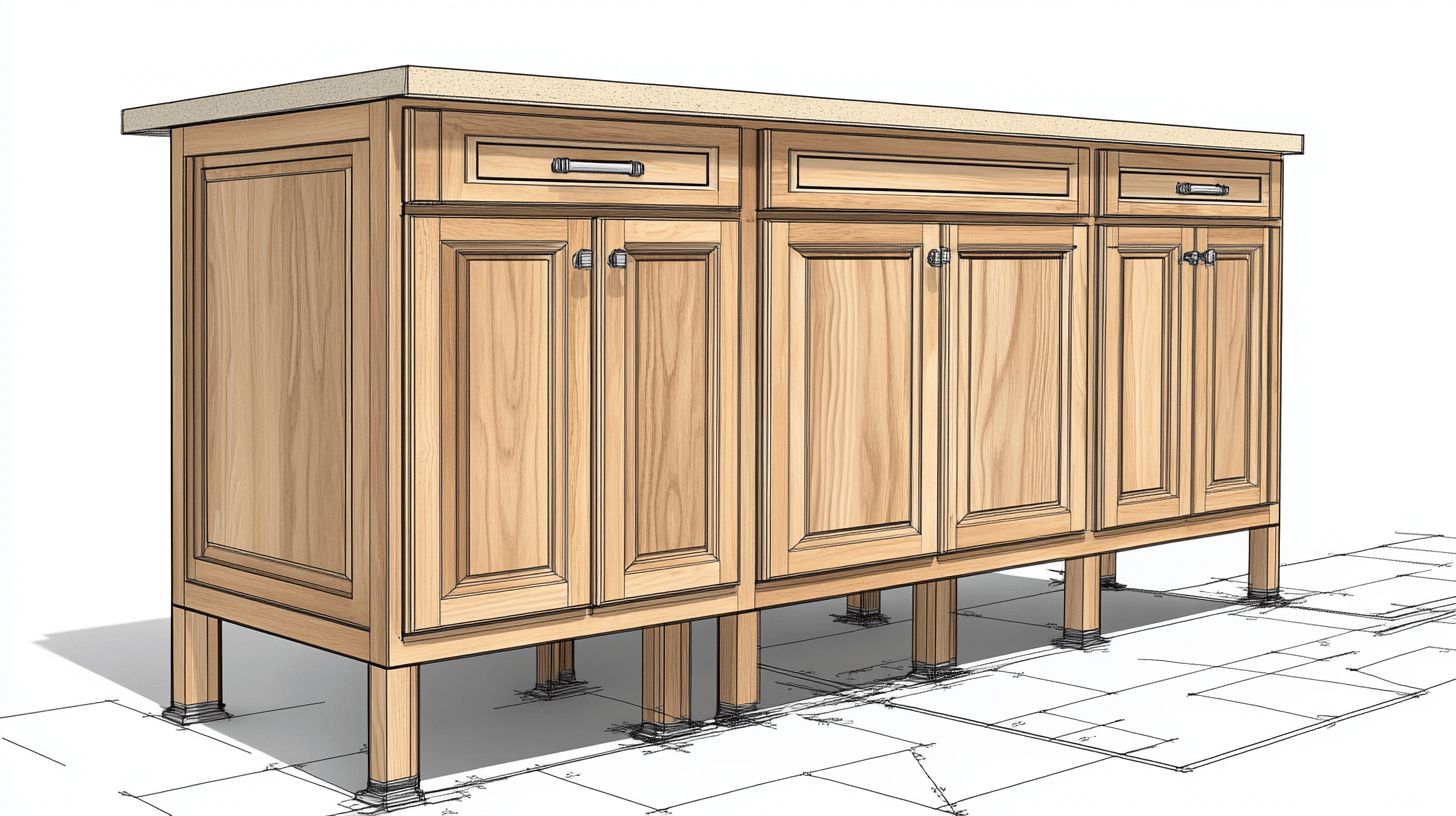What to Do if You Have a Plumbing Leak
A plumbing leak in one’s home is a scenario that demands immediate attention. Leaks can cause significant damage to a home’s structure and can quickly lead to costly repairs if not addressed promptly. Homeowners may identify a leak by the presence of damp spots on floors or walls, an unexpected increase in water bills, or the sound of water dripping. When a leak is suspected, it’s essential for homeowners to act swiftly to mitigate the problem and prevent further damage.
Dealing with a plumbing leak effectively involves a series of practical steps. The initial move should always be to locate and shut off the main water valve to prevent any additional water from exacerbating the situation. Once the flow of water is halted, determining the source of the leak is the next critical step. Homeowners should then assess the severity of the leak to decide if it is a minor issue that can be addressed with a quick fix or if professional assistance is required.
In many cases, small leaks can be temporarily repaired using commercial patch kits or by tightening connections. However, for more severe leaks or when the leak’s source is not easily identifiable, it is advisable to contact a skilled plumber. They possess the tools and expertise necessary to diagnose and repair leaks, ensuring the home is safeguarded from potential water damage and related complications.
Identifying the Source of the Leak
When faced with a plumbing leak, it’s vital to act quickly to minimize damage and cost. The first step is finding where the leak originates.
Immediate Actions
- Inspect the area: Carefully examine where water is surfacing. Look for wet spots on floors, walls, and ceilings.
- Dry the area: If possible, dry the area with towels to prevent further water damage and provide a clearer view for inspection.
Locate the Main Shut-Off Valve
- Finding the valve: The main shut-off valve is typically located near the water meter or where the main water line enters the home.
- Turning it off: By shutting off this valve, water flow to the entire property is stopped, preventing further leakage while the source is investigated.
Assess the Damage
- Extent of damage: Check for damaged pipes, fixtures, or appliances, prioritizing leaks that are actively dripping or spraying water.
- Contacting a professional: If the source of the leak is not clear or easily accessible, it’s prudent to contact a plumbing company as they have the expertise and equipment to handle the situation efficiently.
Professional Leak Management

Selecting a Plumbing Company
Choosing the right plumbing company is vital for a successful and stress-free repair. Individuals should:
- Research: Look for companies with positive reviews and testimonials.
- Verify Credentials: Ensure the company is licensed and insured.
- Services Offered: Confirm they provide leak detection and repair services.
- Availability: Check if they offer emergency services, as leaks often need immediate attention.
|
Factor |
Why It’s Important |
| Positive Reviews | Indicates trustworthiness and quality work. |
| Licensing | Ensures professional standards are met. |
| Insurance | Protects homeowners from potential damages. |
| Emergency Services | Addresses leaks promptly to prevent damage. |
The Repair Process
Once a plumbing company is contacted, the repair process typically follows these steps:
- Inspection: The plumber will assess the leak to determine the cause and extent.
- Diagnosis: They will explain the issue and the necessary repairs.
- Repair: The plumber will fix the leak, which may involve replacing parts or sections of piping.
- Testing: After repair, they should test to ensure the issue is fully resolved.
It’s important for homeowners to ask questions during the process to understand the repairs and associated costs.
Preventative Measures
Preventative measures can greatly reduce the risk of future leaks. Plumbers can advise on:
- Regular maintenance schedules
- High-quality fixtures and materials
- Up-to-date plumbing practices
Implementing these strategies can enhance the longevity of the plumbing system and help avoid the inconvenience and cost of unexpected leaks.







